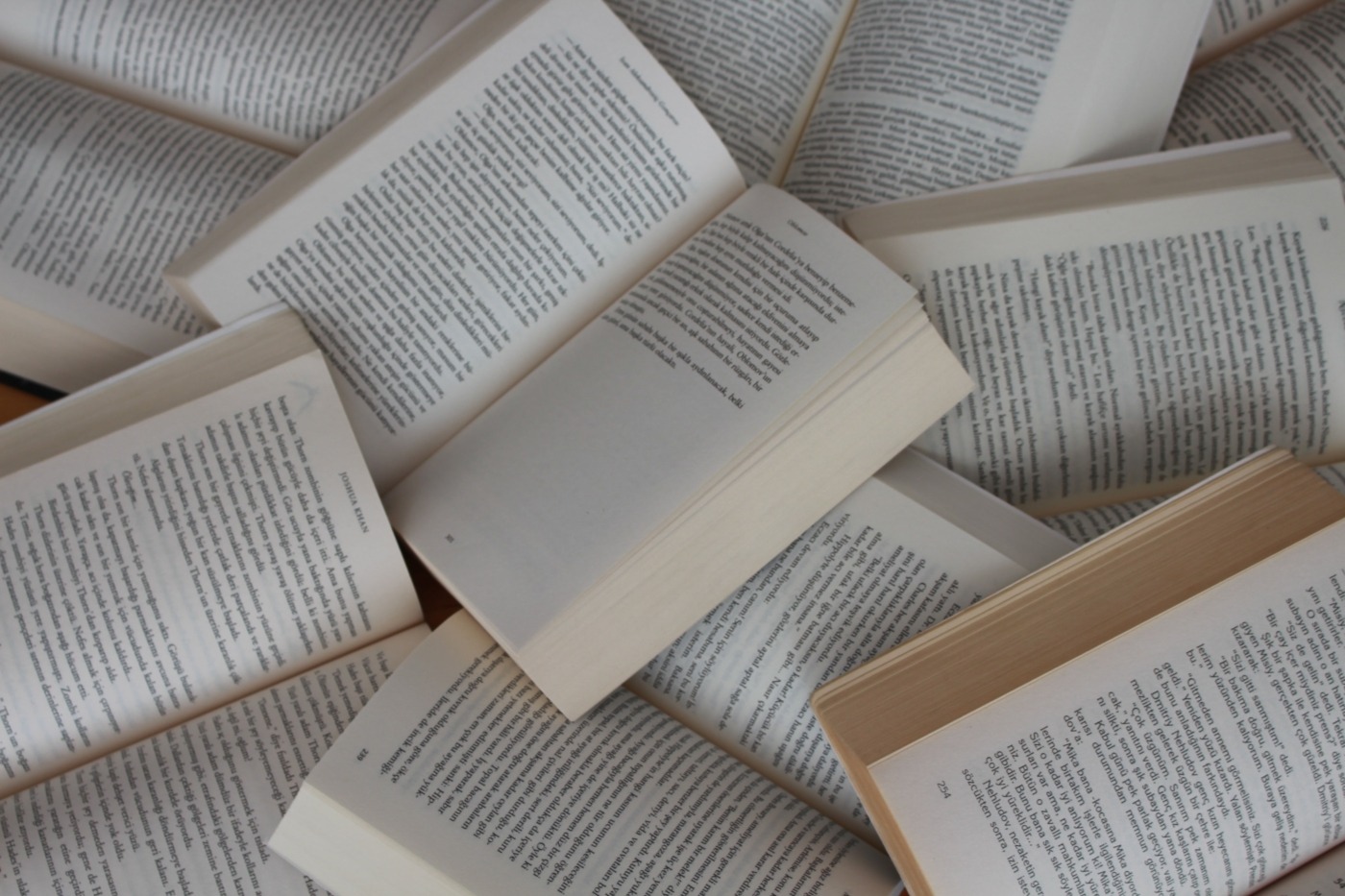Do self-help books actually help?
In my second year of A-levels, my best friend bought me a book for Christmas. There was a little note attached: this is one of the best books I’ve ever read.
Come Christmas morning, I find myself incredibly surprised to see it was essentially an ‘agony aunt’ collection of submissions and responses. This book, Tiny Beautiful Things: Advice on Love and Life from Someone Who’s Been There by Cheryl Strayed, was not the kind of thing I was expecting her to gift me.
It wasn’t anything I would buy with my own money, either. I’ve never been a particularly picky reader, but I’ve always tended to steer clear of self-help books. I judged this book as just as dull as the other self-help books collecting dust on my bookshelf. The self-improvement industry is continuously growing, with over 18 million self-help books selling in 2019. I’ve never been able to wrap my head around why this is the case.
Self-help books can be, in a word, useless. I’ve been given countless copies for my birthday from relatives who had no real idea what to get me, and just took a guess. My personal favourite was a book on mindfulness that spent several pages telling the reader to just breathe. I have read a few surrounding social anxiety, which often preach that going out and socialising is the best way to overcome this problem. This advice seems rather patronising. Some self-help books are essentially saying just get over it (but in the nicest way imaginable, of course).
Why is it marketed to ‘fix’ the problem when, in reality, passively reading these books has very little positive effect?
Not all of them are patronising, but there is a catch. Books like these are about consciously bettering yourself. Self-help books will not solve issues, but encourage personal growth and better coping with stress. That sounds great, doesn’t it? But it’s not always as easy as that. If you’re not in the state of mind to actively change, these books are essentially pointless. This is an issue that continues to bother me: they are marketed as a solution, when self-help books shouldn’t be seen as a replacement to professional attention. They can be a confidence boost or advice for a bad day, but nothing more than that.
If I was going to spend money on a book, it should be something worth it. But I also trusted my best friend enough to believe that the book she bought was at least worth a read.
I spent the entire day reading it until I’d finished it. Sure enough, my preconceptions were wrong.
This book doesn’t give the same terrible, generic advice that I was expecting. Cheryl Strayed, going by “Sugar”, provides a good mixture of genuine honesty and empathy in her responses, rather than just sympathy and endless apologies. It deals with incredibly sensitive topics, and gives the kind of raw advice that is needed to make a genuine change. It doesn’t say ‘just get over it’, it says: ‘I understand what you’re dealing with, but you’re the only one who can change things right now’. It says: ‘you’re going to be hurt in your life, but you can make it okay’. “Sugar” doesn’t skirt around the edges of a serious issue without ever touching on it. She also never claims to know the future. She is unapologetically human. That is, in my opinion, where the other self-help books I’ve read fall short.
Although self-help can be overdone (and often overpriced), I’m glad I read this book. Cheryl Strayed rendered me pleasantly surprised. There’s always a chance, in any genre, that you will stumble across a book that genuinely resonates with you.
It deals with incredibly sensitive topics, and gives the kind of raw advice that is needed to make a genuine change
But I remain slightly sceptical. Is it not simply a genre full of recycled bits of advice? Why is it marketed to ‘fix’ the problem when, in reality, passively reading these books has very little positive effect? Self-care books have the potential to be genuinely inspiring. It just seems, from what I have read, that there is a disappointing execution of them. I can only hope to find more books like Cheryl Strayed’s.

Comments